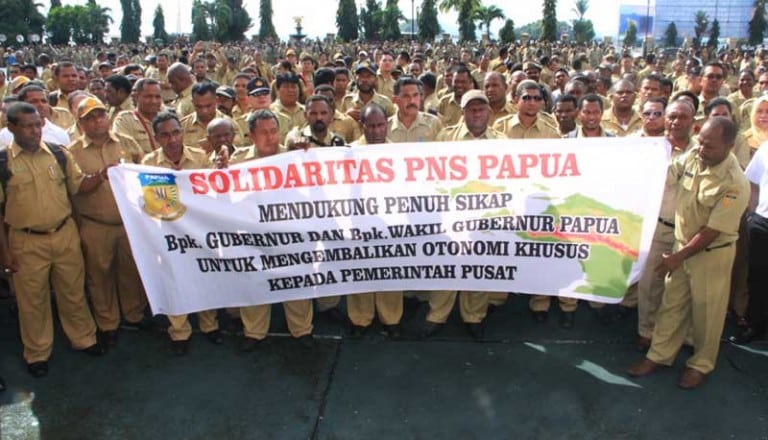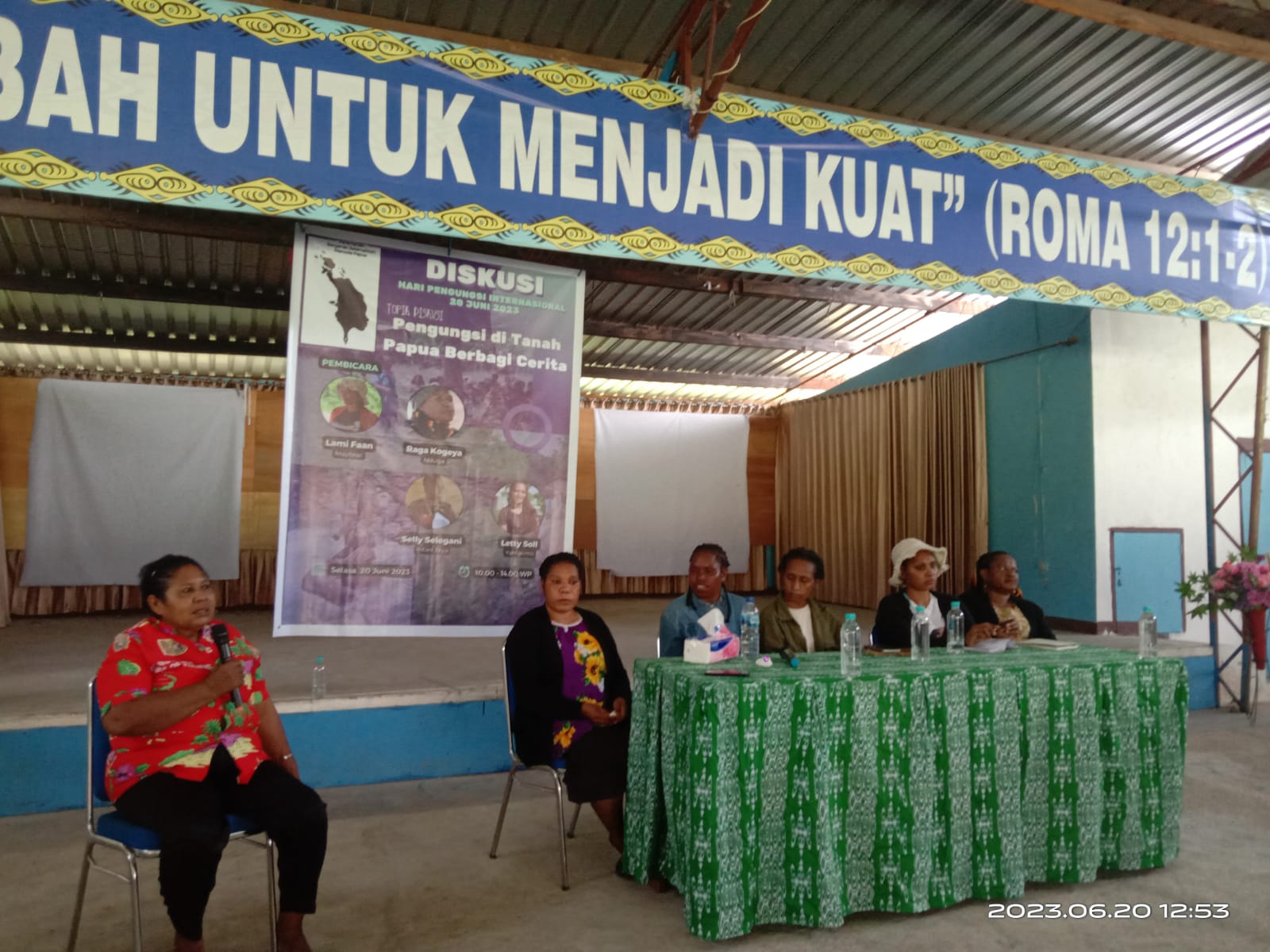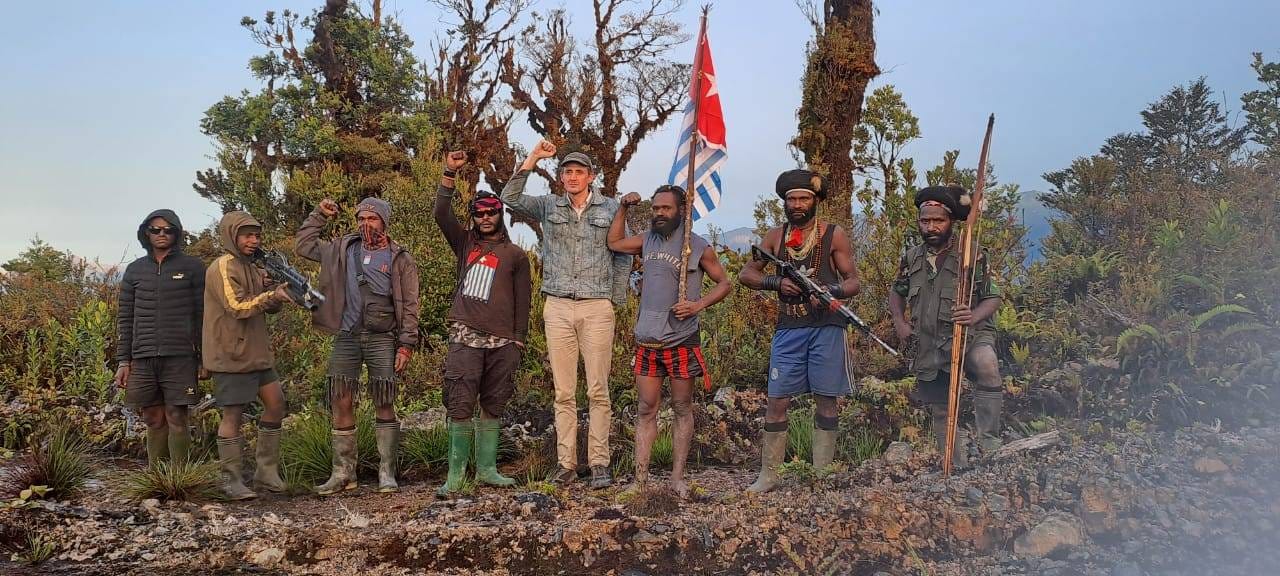
Jayapura, Jubi – A lecturer International Relations of the Faculty of Social and Political Sciences of the University of Cenderawasih Laus D.C. Rumayom asserted that reconstruction might be crucially important for evaluating the implementation of the Special Autonomy in Papua.
According to him, the reconstruction might help to assess achievements and obstacles occurred since the Special Autonomy Law applied in Papua since 2001.
“Some people say it works, whereas some say it doesn’t. But what the measure is? What does it look of its relationships with international politics?” Rumayom told Jubi on Thursday (10/11/2018).
Moreover, he said we would find out whether indigenous Papuans understand the situation after 18 years of the implementation of Special Autonomy and the map of future development.
“Therefore you might able to say that the indigenous Papuans should not become a beggar. We must have a strong principle of maintaining what has become a political contract through the Special Autonomy,” he said.
However, he said it is undeniable that the indigenous Papuans are facing social and cultural degradation. He took an example of seven tribes who are the landowners of PT. Freeport Indonesia’s mining area that has no power to voice their rights on gold and copper mine.
“Yet the outsiders talk about it, even though they have no relations at all with the family or the lands or another else,” he said.
Meanwhile, the Director of LP3BH Manokwari Yan Christian Warinussy recently said the government need to promptly encourage and promote a thorough evaluation of the implementation of the Special Autonomy policy to see and answer a series of questions over the past ten years.
“The evaluation is aimed to find a policy breakthrough for stakeholders, including the government’s role so that it could thoroughly protect their citizens,” said Warinussi. (*)
Reporter: Arjuna Pademme
Editor : Pipit Maizier
















